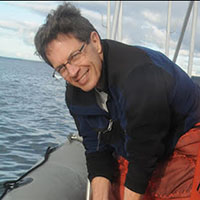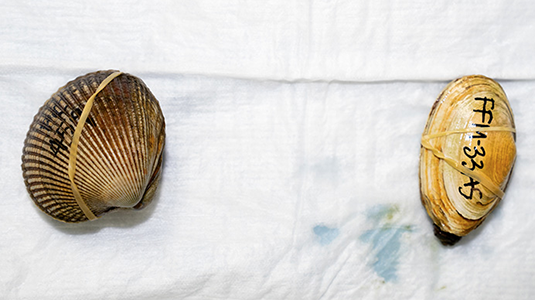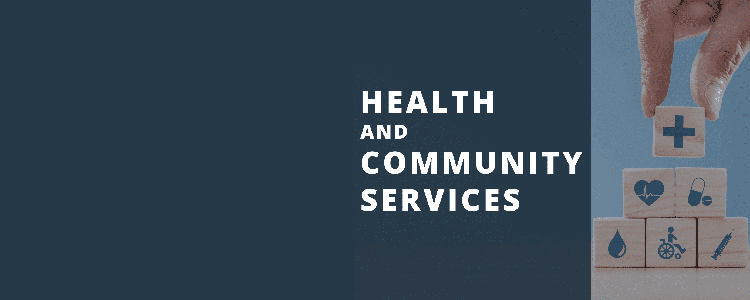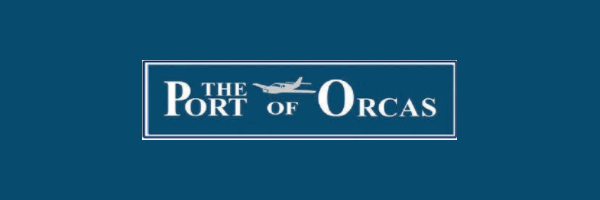Saturday, October 29, 2 p.m., Orcas Island Community Church
— from Michael Riordan —
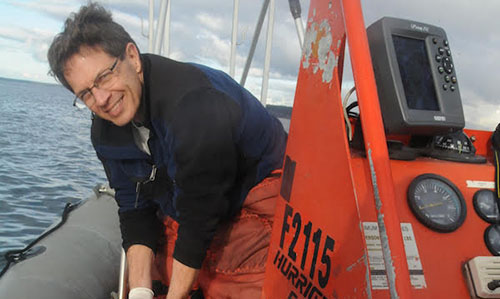 Three pods of Southern Resident Killer Whales, commonly known as Orcas, spend most of the summer months in the waters around the San Juan and Canadian Gulf Islands, where they forage for Chinook salmon. Until recently, however, little was known about their travels during the rest of the year — from fall through spring — as these whales had been spotted only infrequently during this period.
Three pods of Southern Resident Killer Whales, commonly known as Orcas, spend most of the summer months in the waters around the San Juan and Canadian Gulf Islands, where they forage for Chinook salmon. Until recently, however, little was known about their travels during the rest of the year — from fall through spring — as these whales had been spotted only infrequently during this period.
Now, thanks to research by a team of scientists at NOAA’s Northwest Fisheries Science Center in Seattle led by Wildlife Biologist Brad Hanson, we know much more about where these whales go in the off season. On Saturday, October 29, he will present an Orcas Currents lecture on “The Secret Travels of Killer Whales” beginning at 2 pm in the Orcas Island Community Church on Madrona Street.
Hanson’s group has been using GPS tracking systems attached to the dorsal fins of selected whales to fill this gap in the scientific understanding of their behavior. Early results indicate that the whales travel great distances, migrating south along the Pacific Coast in winter and spending substantial time feeding near the mouth of the Columbia River. This information should prove important in revising the geographical extent of the critical habitat for these iconic but endangered marine mammals.
After earning his Ph.D. from the University of Washington, Hanson worked at the National Marine Mammal Laboratory in Seattle. Now serving as Wildlife Biologist at NOAA’s Northwest Fisheries Science Center, he leads the Marine Mammal & Seabird Ecology team studying the foraging and habitat of Southern Resident Killer Whales as well as assessing the health of Dall’s and Harbor Porpoises.
This event is cosponsored by the SeaDoc Society, whose Director Joe Gaydos will introduce Hanson and lead a discussion of this research after the lecture. As part of this conversation, he will address questions about the death of killer whale L-95 and its connection with the satellite-tagging program, which has been recently mentioned in the press. Gaydos was involved in this whale’s necropsy and is knowledgeable about it.
Please join us on October 29 for a timely and very relevant Orcas Currents lecture. As with all our events, admission is free but donations are welcome.
**If you are reading theOrcasonian for free, thank your fellow islanders. If you would like to support theOrcasonian CLICK HERE to set your modestly-priced, voluntary subscription. Otherwise, no worries; we’re happy to share with you.**

